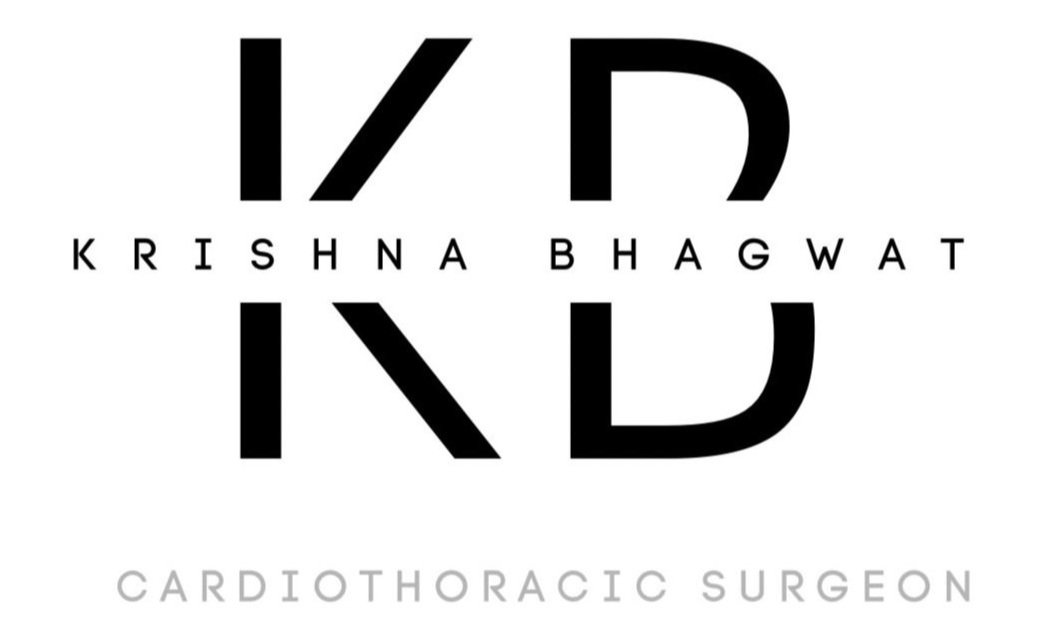
Pathway to Recovery
Surgery
It can be a worrying time from when you or your loved one first experience symptoms to being diagnosed with a condition that requires heart or lung surgery. There’s a lot to take in, including understanding what your surgery will involve, how long you will be in hospital and what you can expect recovery to look like.
Regardless of what type of surgery you need, Dr Bhagwat and his team will keep you fully informed about what to expect at each point of your journey, and provide support every step of the way.
Admission to Hospital
Most times, you will be admitted to hospital the night before surgery, although sometimes patients are admitted the morning of the surgery. The hospital will call you in the days leading up to your surgery to confirm when you need to go to hospital.
When packing your hospital bag, please include your medications, any imaging, toiletries and clothing.
You will have to fast from midnight on the night before surgery. This means you cannot not eat any food or drink any liquids, including water. You will be advised which of your medications can be taken on the morning of surgery.
Once you’re settled in hospital, Dr Bhagwat will come and see you and talk through any questions you have.
Day of Surgery
About one hour before your operation, your hospital team will take you into the operating theatre. Your anaesthetist will give you some medication, usually a sedative, to help you relax and then put you to sleep for the duration of the surgery.
It’s understandable that your family, or perhaps close friends, will want to stay in the hospital during your operation. However, it may be hard for them to relax there, and so Dr Bhagwat will encourage them to leave the hospital and will call them as soon as your surgery is complete.
They can visit you in intensive care after your surgery has finished.
After surgery - ICU Stay
When your surgery is finished, you’ll be taken to the intensive care unit (ICU). You’ll still be asleep and have a breathing tube in your mouth.
There will be lines in your neck for medication to pass through, and also for taking blood for tests. There will be drains coming out of your chest to drain blood and fluid. There will also be a catheter in your bladder to drain urine while you are asleep.
Typically, the breathing tube will come out within six to twelve hours of surgery depending on how you are progressing.
The drains usually are removed on the first or second day. The team of nurses and physiotherapists / allied health staff will get you out of the bed and standing up on the first day after surgery. While this may sound daunting, it’s vital that your hospital team help keep you moving and walking to prevent lung collapse, pneumonia, vein clots and infection.
Hospital stay - moving to the ward
Generally on the second day after surgery, you’ll leave the ICU and be taken to the ward, where you will stay until you are ready to be discharged. Most patients say in hospital for about 5 days.
During this time, Dr Bhagwat will visit you and your hospital team will make sure you are receiving the right amount of pain medication (analgesia) to keep you comfortable. You will spend a lot of time with physiotherapists who will help you get your mobility back and teach you how to do your breathing exercises. Both these things are important to avoid the risk of lung collapse after major cardiac or lung surgery.
Dr Bhagwat and the hospital team will assess you before you go home. They’ll make sure you can do activities, such as climbing stairs and walking certain distances, to make sure you can function independently or with little assistance at home.
If you’re an older patient and live on your own, you may spend a few weeks at a rehabilitation centre where you can gain the strength and mobility you need before safely going home.
Dr Bhagwat, nurses and other members of the health care team will also talk with you about the things you need to do to make sure your recovery stays on track once you’re at home.
